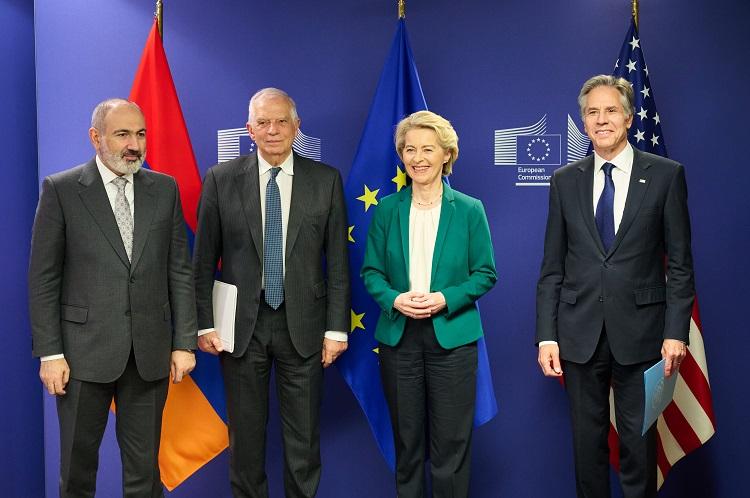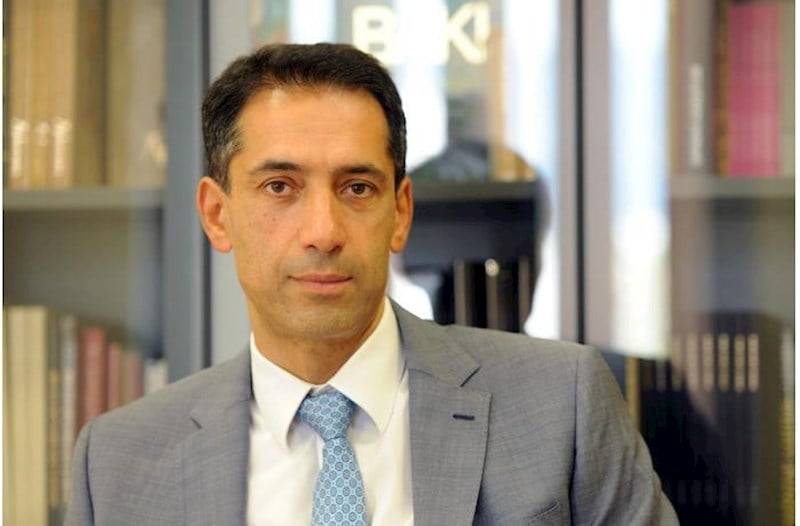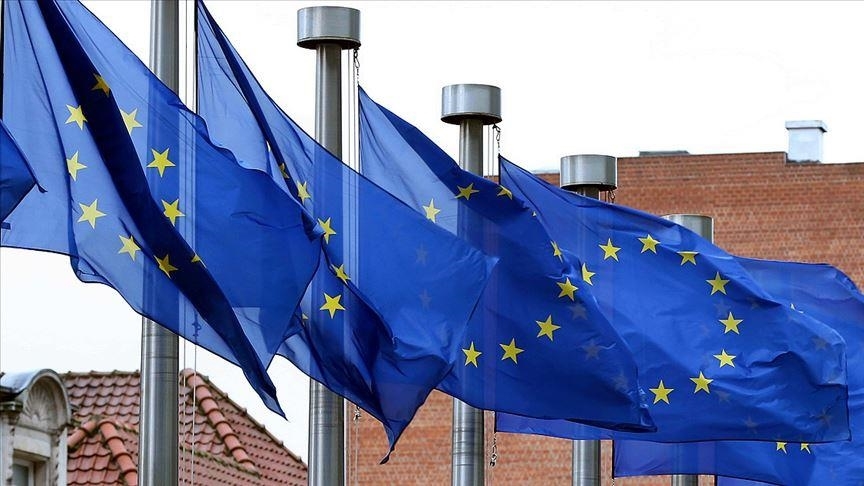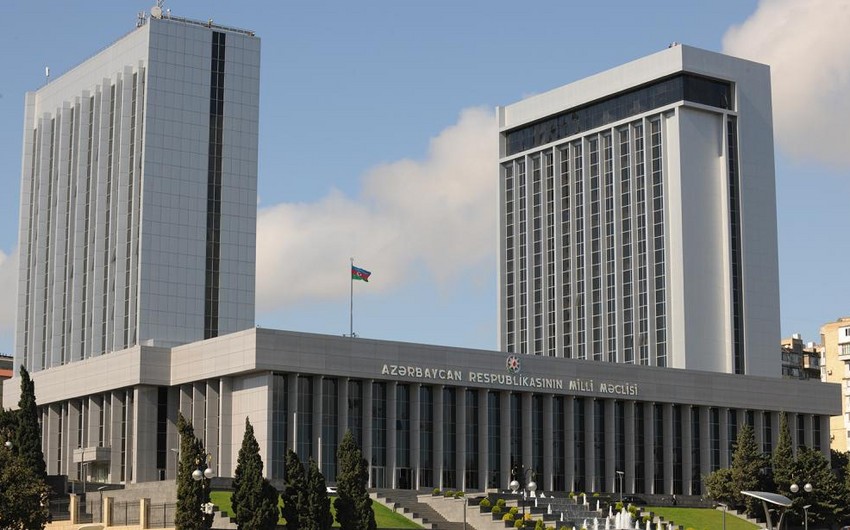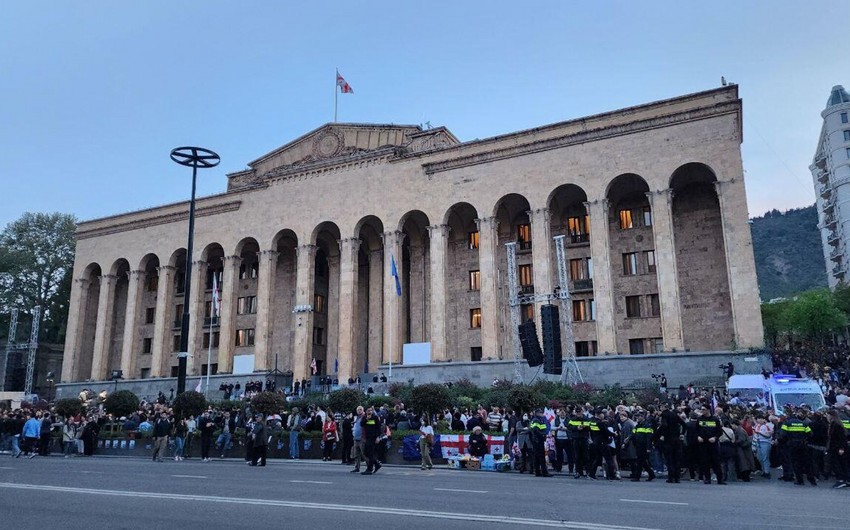The question of whether the 2020 Census should ask if respondents are citizens has triggered contentious debate and raised suspicion about motives and process. In March, Secretary of Commerce Wilbur Ross testified before Congress that the request to add the citizenship question was initiated by the Justice Department, but late last week he admitted that in fact he had asked the Justice Department to make the request.
The Justice Department’s stated rationale was a desire to enforce provisions of the Voting Rights Act, which lacked credibility given that the DOJ has done little to enforce that law, which Attorney General Jeff Sessions has criticized as “intrusive.” Lawsuits have turned up evidence that partisan anti-immigration forces lobbied for the question to be added.
Although the citizenship question tends to get viewed through a partisan lens, there are legitimate arguments for and against including it on the Census. Counting citizens vs. non-citizens accurately is important for apportioning representation and resources. And the question itself is not new. The decennial Census long asked it up to and including 1950. From 1970 to 2000, the Census asked five-sixths of households to complete a short-form questionnaire that did not ask about citizenship, and one-sixth to complete a long-form questionnaire that did. In the 2010 Census, every household received a short form questionnaire that did not ask about citizenship.
On the other hand, the timing of putting the question back into the decennial Census now, amid fraught immigration politics and ICE crackdowns, has raised widespread concern that it is part of a larger anti-immigration agenda. The U.S. conference of mayors, six cities and attorneys general of 18 states have joined a lawsuit to block it, arguing it would cause legal immigrants to avoid the Census, leaving their communities underserved and underrepresented. The Census Bureau’s chief scientist has warned the Commerce Secretary that the question would yield an inaccurate count, be very costly, and harm the overall quality of the census data.
Who ultimately prevails in this fight will be determined partly by the courts and partly by public comment on the draft census questionnaire, which is open through August 7. But however it shakes out, some damage has already been done, because the debate has accelerated the trend toward increasing politicization of the Census.
Other recent disputes over the Census — including about Census Bureau funding, how much time and money should be spent preparing for the 2020 Census, and whether statistical modeling and sampling should be used to supplement direct counting — have also played out along political lines, as if undermining the thoroughness or integrity of the Census was a legitimate means for political ends.
It’s not. The Census is not a tool for promoting big government or small government, but good government. It was written into the Constitution and has been conducted since 1790, because the U.S. needs objective data on all of its residents, as James Madison put it, “in order to accommodate our laws to the real situation of our constituents.”
Census data inform decisions about allocating seats in the House of Representatives, state legislatures and city councils. They help determine the distribution of federal funds for Medicare and Medicaid, low-income family assistance, highway infrastructure and many other programs.
Given that kind of influence, the temptation to play politics with the Census is understandable, and crops up periodically. After the 1920 Census, a faction of the House blocked the reapportionment of seats because the Census results indicated that rural areas should lose representation relative to rapidly-growing urban areas. The compromise, reached in 1929, entailed adding 50 house seats (but permanently capping the House at 435 members) and transferring the power to reapportion the House after each Census from Congress to the Secretary of Commerce.
That process was controversial, but agree or disagree with the result, the essential thing was that the Census data itself were objective and accurate; it was Congress’s reaction to the data that was political.
That’s fine. A strength of our system is that political groups can propose different policies based on the facts. But it’s critical that the process begin with accurate data, collected in an objective, non-political way, so the subsequent political decisions can be well-informed.
That’s the function of the Census Bureau: to provide the data necessary to make informed legislative choices. To fulfill it, the Bureau must follow objective principles of economic measurement, free from any perception of bias or manipulation, based on sound science and best practices and methodologies.
There is no room in that mission for politics, or even the perception of potential politicization. That’s why the high-profile debate around the citizenship question has hurt the Census’s mission, and why proponents of good government, no matter what their political leanings, should stand up for the integrity of the Census. To make sure our political process works, and legislative outcomes reflect the real situation of constituents, we need to accord the Census sufficient money, time and intellectual freedom to be totally scientific and apolitical.




